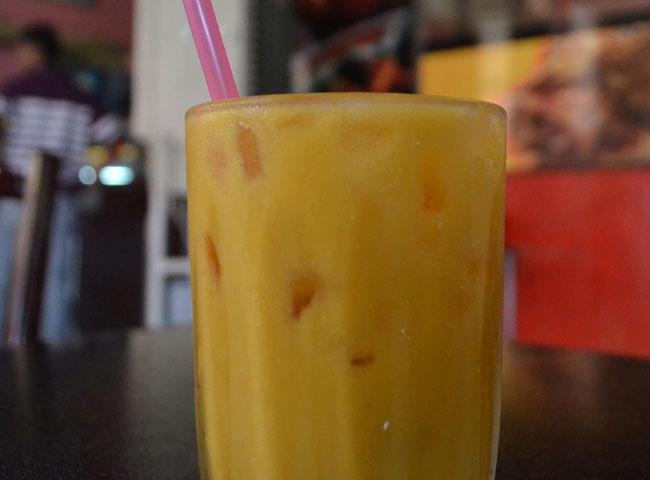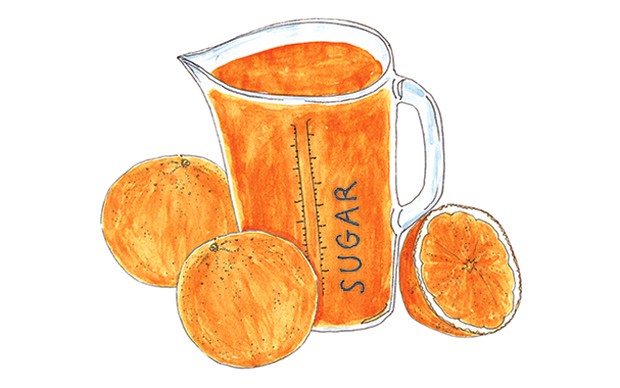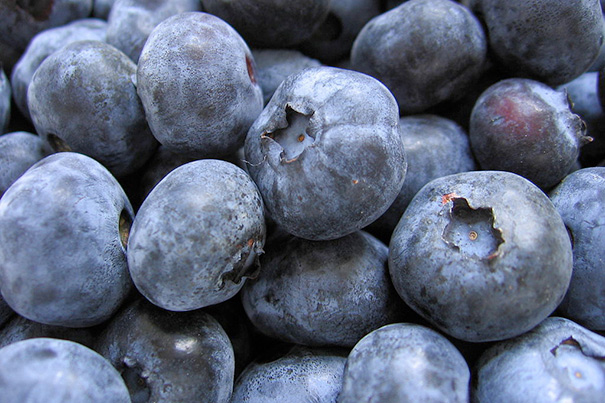[FACT OR FAKE #101] Juice Contains Maximum Vitamins And Is Healthier Than Whole Fruits
Or is eating whole fruits more beneficial? What's the truth?
Picture this: you're at the mamak and you order fresh orange juice, kosong. That's gotta be the healthiest thirst quencher to order, right?
The juice industry has long enjoyed a healthy image. Advocates of juicing claims it's a great way to add more vitamins into our diet.
According to a new study published in the Journal of Agricultural and Food Chemistry, orange juice does make certain nutrients more accessible to our body, but not enough to recommend juice over whole fruit.
So is orange juice healthy?
Well, that depends on whether it helps you meet your goals. According to Lifehacker, if you're trying to reduce the sugar in your diet (as many of us should), the sugar concerns may outweigh the benefits you get from the extra micronutrients.
Malaysians are turning to juices for their rounds of detox in their daily diets. After coffee, cold-pressed juices are the 'in' thing now.
According to claims made by American obesity expert Robert Lustig, Sugar in fruit juice is a 'poison' and worse for you than fizzy drinks. The biggest problem with juice is the lack of fibre.
Robert Lustig, the author of Fat Chance: The Bitter Truth about Sugar, says when you eat a whole apple, the sugar is 'nicely balanced' by the fibre, giving 'the liver a chance to fully metabolise what's coming in'.
However, when you down half a pint of apple juice it 'brings a huge dose of energy straight to the liver'. Smoothies are not much better, no matter how pretty the packaging, because when fruit is blended the insoluble fibre is 'torn to smithereens'.
In fact there's not much difference between fruit juice and soda. According to NPR, both beverages pack a large quantity of sugar and pose significant health risks.
Fruit juice has a fructose concentration of about 45.5 grams per liter, only a bit less than the average of 50 grams per liter for sodas.
In comparison, fruit contains fiber, vitamins, minerals, and phytochemicals that, together, have the power to lower blood pressure and cholesterol, as well as help protect the body against cancer, cardiovascular disease, and inflammation. And many of those benefits start to shrink or disappear when fruit gets squeezed. Therefore, whole fruits are a healthier option than fruit juice.
Harvard researchers have found that people who ate at least two servings each week of certain whole fruits — particularly blueberries, grapes, and apples — reduced their risk for type 2 diabetes by as much as 23 percent in comparison to those who ate less than one serving per month.
Greater consumption of fruit juices was associated with a higher risk of type 2 diabetes. The study is the first to look at the effects of individual fruits on diabetes risk.
So what's a juice lover to do?
Now, for some of us, those of us who love to have juice with breakfast, this can be a pretty dogged blow. Who wants to give up juice? After all this time of it being on the good list, it seems horrible to toss it aside like a dirty old banana peel or watermelon rind. So, is there anyway to keep juice on the menu?
Well, there are certainly better ways of doing it than buying it by the carton or box, and as is usually, this involves making freshly squeezed juice yourself. What’s more, it involves using the whole fruit as opposed to squeezing it, which creates a much thicker drink, something more like a smoothie than outright juice, but it’ll mean that all those things, the good stuff, are in there. And, somewhere along the line, that was the point.



